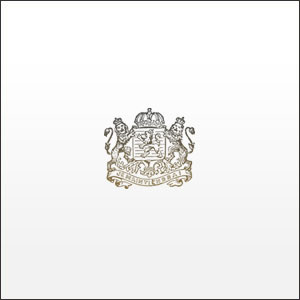![We The Wild : From The Cities We Fled News Added Aug 11, 2016 In the history of heavy and death metal, once the guitar starts riffing, the drums start slamming, and the vocals start screaming, the initial impressions are immediately of untethered rage. These people sound pissed, so they must be angry at the world. On ‘From the Cities We Fled,’ We the […]](https://hasitleaked.com/wp-content/uploads/2016/08/front-8-320x320.jpg)
In the history of heavy and death metal, once the guitar starts riffing, the drums start slamming, and the vocals start screaming, the initial impressions are immediately of untethered rage. These people sound pissed, so they must be angry at the world. On ‘From the Cities We Fled,’ We the Wild challenges this notion, still playing with the iron-laden musical elements. These fellas do voice certain frustrations, but they are also spearheading a search for accountability. They may be seeing red, but they are also asking who pushed them to the edge and why. That’s right: existential death metal.
We the Wild jumps right into the fight; it’s a mosh pit from the first note. The music is filled with anger—it’s built on it, even. Both the overt, raw physical type and the simmering, under the surface type. At some points it plays to the preferences of the genre’s casual fans and at others is a goth teen’s wet dream. Even within such a strongly established and defined style of music, this band has managed to show a much-appreciated range. Much like a creative tailor, they are introducing new elements into specific patterns.
Of course, a mainstay of the music is a certain amount of screaming to the point of garbled words. But when the “singing” is kicked down a notch, the words are heavily scented with the themes of rejection, wandering aimlessly, and the search for answers. Basically, a soundtrack for the disenfranchised or an anthem for the bullied and downtrodden.
In the song “King of Wounds” they pull no punches and call out the facade of the Goliaths; they put the saccharine words of an elementary school counselor into hard musical form. They even offer an apology for how such pain and disillusion has affected personal relationships. This stuff is deep, folks. It’s real, it’s raw and it’s responsible. We the Wild isn’t telling you NOT to throw the stones at the windows or to decorate some d-bag’s front yard with toilet paper, but they ARE telling you to do it from a place of retribution; know why you’re doing it.
‘From the Cities We Fled’ is a great example of the wonders of what a sculptor can make in his medium—not just the product itself, but the ripple effect of its message. The music may seem wayward and out of control, but its effect is on-point and gives voice to the people who need it the most.









